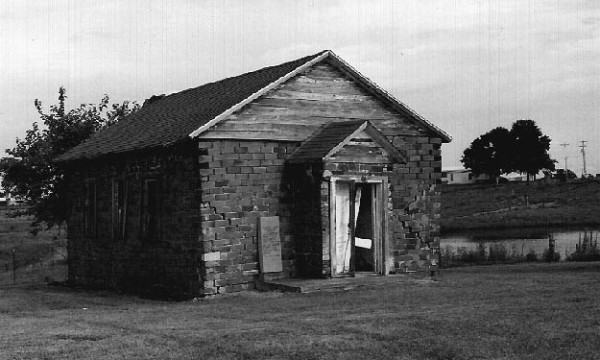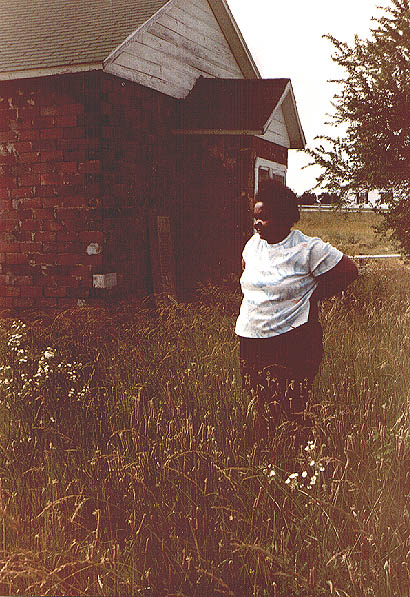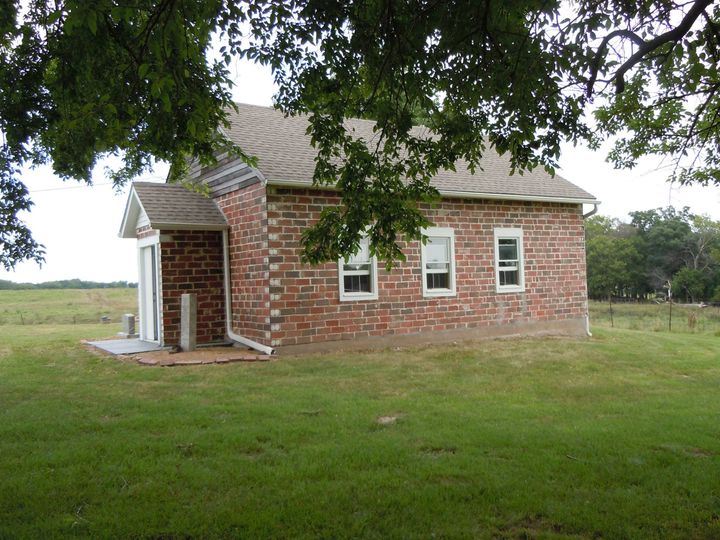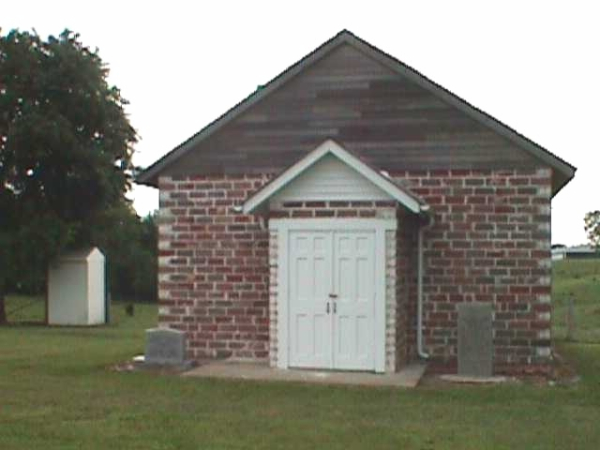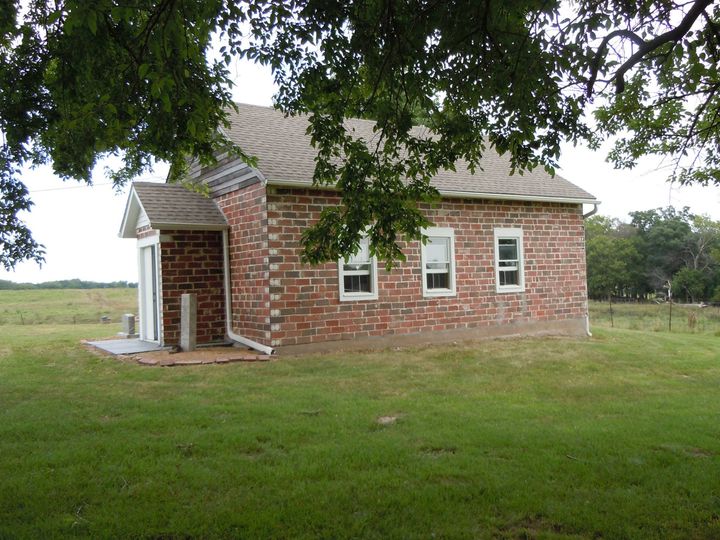
Welcome to Pennytown.
We are dedicated to preserving the history and memories of Pennytown, Mo, an historic black hamlet located 8 miles southeast of Marshall, MO east of 65 Highway. Approximately forty families inhabited this free black township which stood on sixty-four acres of land in central Missouri.
The Pennytown Freewill Baptist Church is now all that remains of that once bustling black haven. It was placed on the National Register of Historic Places in 1988.
Our hope is that through education and awareness, this one-room church will continue to stand as a monument to the incredible will and courageous spirit of the people who established this black sanctuary.
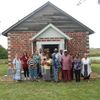
The Church
The Pennytown Freewill Baptist Church, first constructed in 1926, is now the last remaining building on the sixty-four acres once known as Pennytown. A modest, one-room place of worship, the Church was one of many structures which made up the small town, including homes, businesses, and a school. In 1988, the church was saved from eventual disintegration largely due to the efforts of Josephine R. Lawrence, a former resident of Pennytown.
Mrs. Lawrence’s dream to renovate the church was realized due to many gifts and many hours of service provided by friends of Pennytown from across the country. Today, the church is cared for by members of the Friends of Pennytown Historic Site and is continually being improved by generous gifts of money, craft, and labor.

History
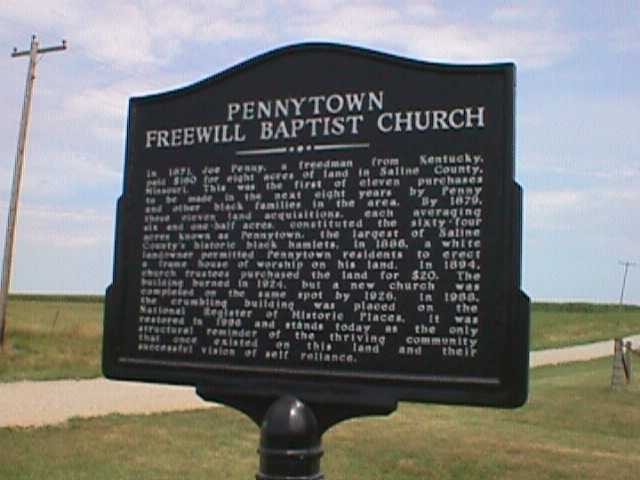
In 1871, Joe Penny, a freedman from Kentucky, paid $160 for eight acres of land in Saline County, Missouri, just south of Marshall. This was the first of eleven purchases Penny and other black families in the area made during the next eight years. By 1879, these eleven land acquisitions, each averaging six and one-half acres, constituted the sixty four acres known as Pennytown, the largest of Saline County’s historic black hamlets.
In 1886, a white landowner permitted Pennytown residents to erect a frame house of worship on his land. In 1894, church trustees purchased the land for $20. The building burned in 1924, but a new church was completed on the same spot by 1926.
In 1988, the building, now crumbling and in disrepair, was placed on the National Register of Historic Places, mainly due to the efforts of Josephine Robinson Lawrence, a historian and former resident of Pennytown. The Church was restored in 1996 and today Pennytown Freewill Baptist Church stands as the only structural reminder of the thriving community that once existed on this land and their successful vision of self reliance.

News
Updated: Pennytown Homecoming Sunday August 6, 2023
Guest Speaker: Rev. Eric Belt, senior pastor of St. Stephens Baptist Church in Kansas City, MO.

